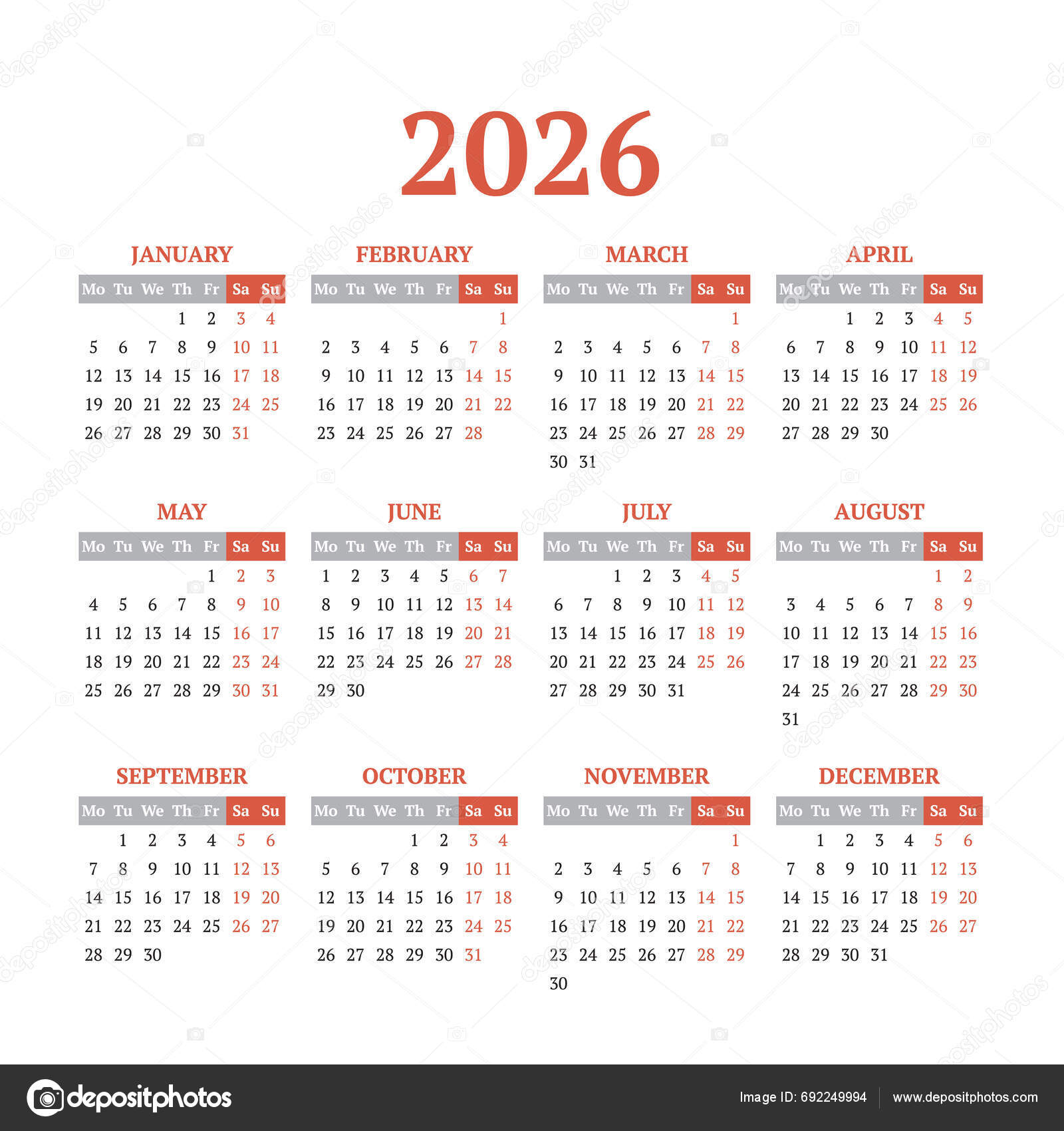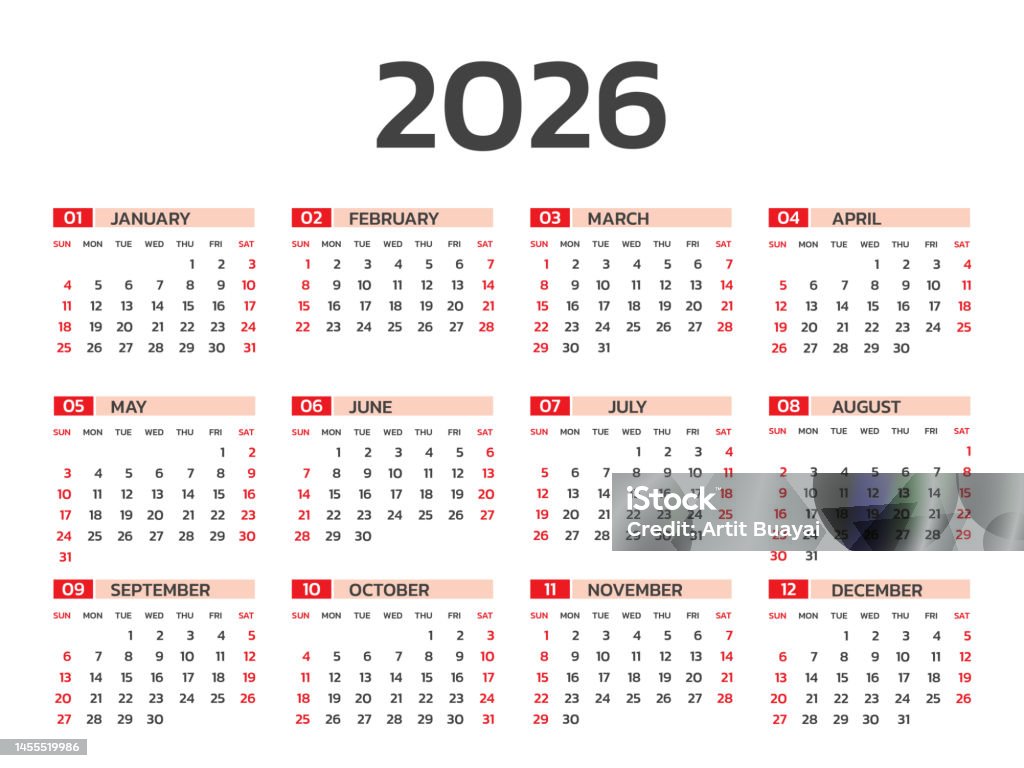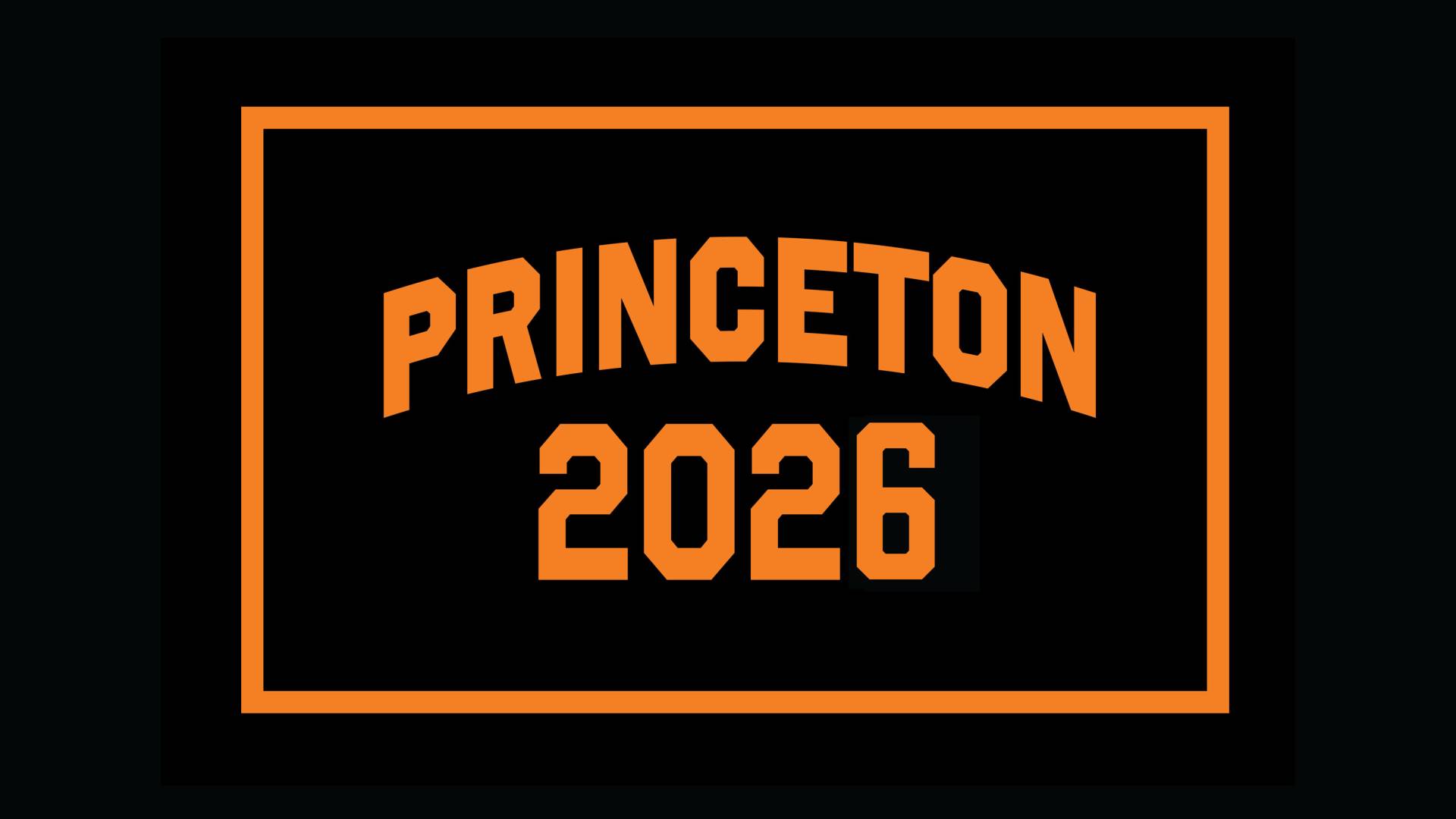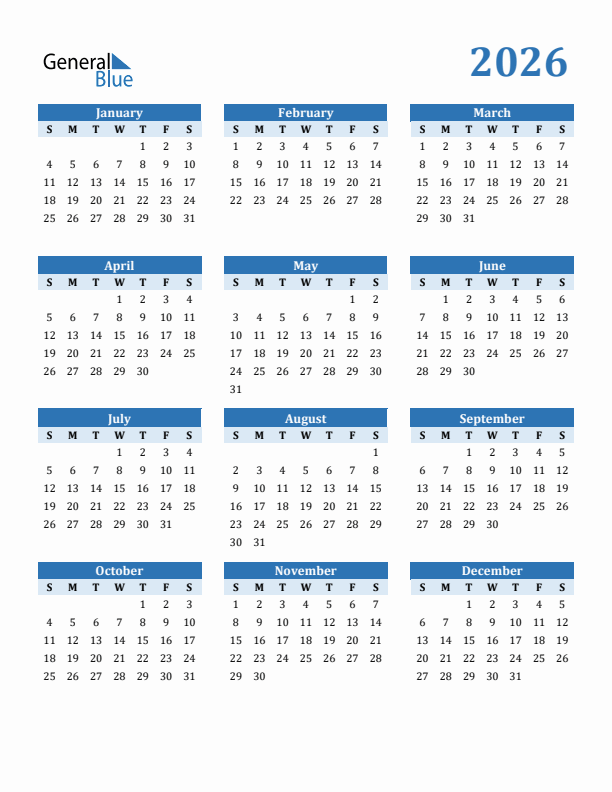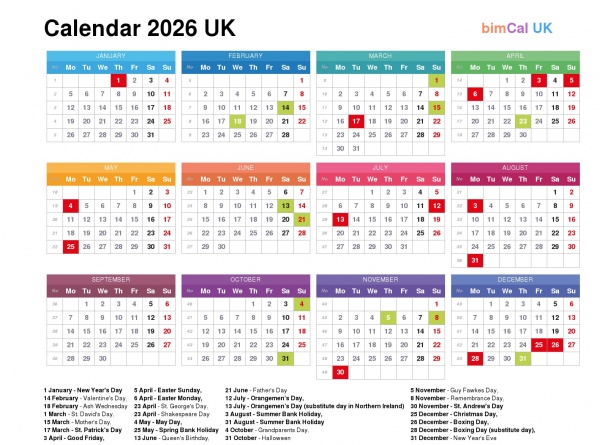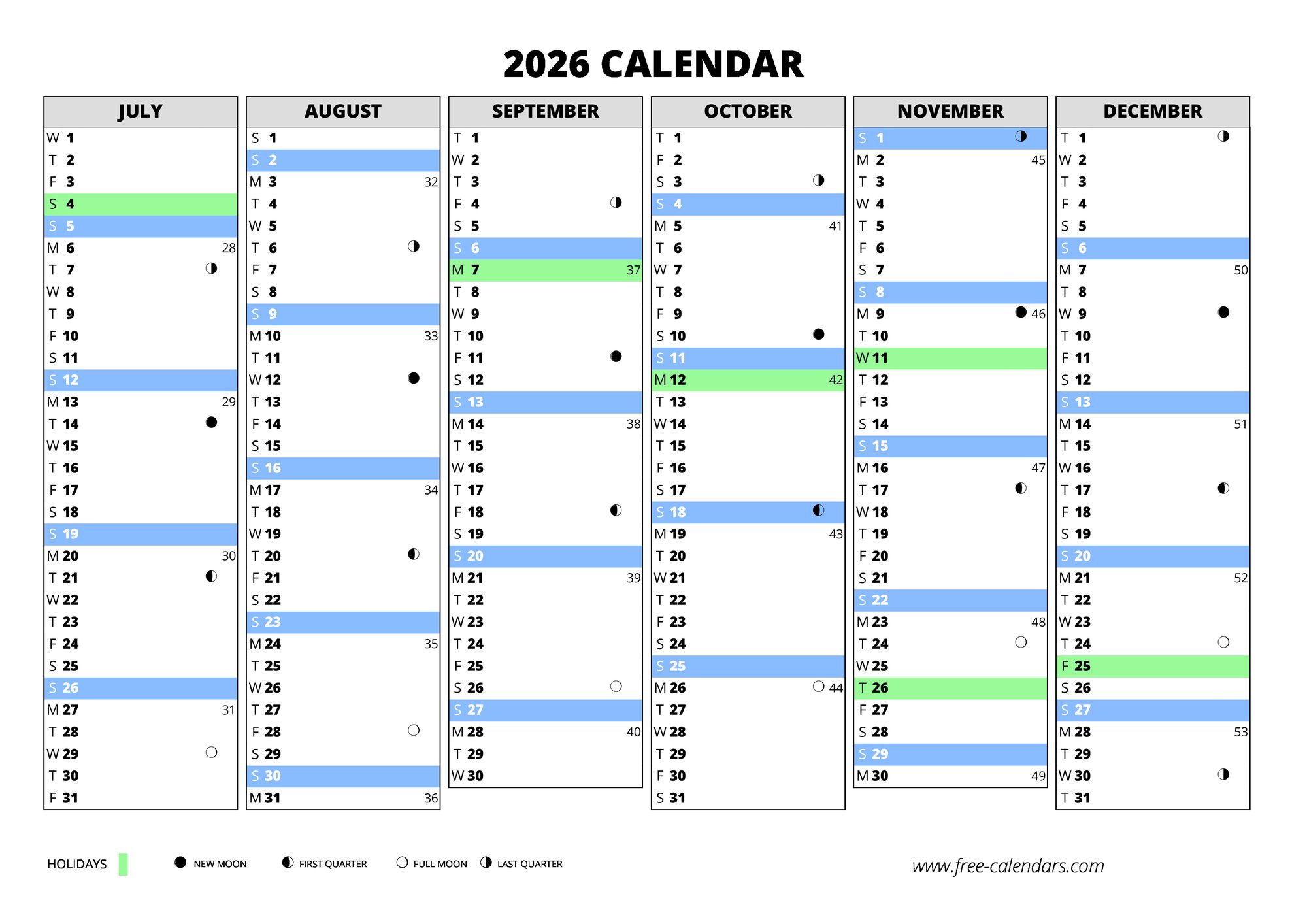As a graduate student, staying organized and on top of your academic schedule is crucial to achieving success. The academic calendar, holidays, and observances play a significant role in planning your year, from registration and coursework to research and dissertation deadlines. In this article, we will delve into the world of graduate studies and explore the importance of understanding the academic calendar, holidays, and observances.
Understanding the Academic Calendar
The academic calendar is a comprehensive guide to the graduate program's schedule, outlining key dates, deadlines, and events throughout the year. It typically includes information on:
- Registration periods
- Course start and end dates
- Exam schedules
- Breaks and holidays
- Thesis and dissertation deadlines
- Commencement ceremonies
Familiarizing yourself with the academic calendar is essential to ensure you meet all the necessary deadlines and requirements. It helps you plan your coursework, research, and other academic activities, allowing you to stay on track and make the most of your graduate program.
Holidays and Observances
Graduate programs often observe various holidays and events throughout the year, which may impact your academic schedule. These may include:
- Federal holidays, such as Independence Day and Thanksgiving
- Religious holidays, like Christmas and Easter
- Cultural events, such as Martin Luther King Jr. Day and Chinese New Year
- University-specific events, like homecoming and alumni weekends
It's essential to be aware of these holidays and observances, as they may affect your coursework, research, or other academic activities. Some holidays may require adjustments to your schedule, while others may provide opportunities for cultural enrichment and community engagement.
Key Dates and Deadlines
In addition to understanding the academic calendar and holidays, it's crucial to keep track of key dates and deadlines in your graduate program. These may include:
- Registration deadlines
- Course add/drop deadlines
- Thesis and dissertation proposal deadlines
- Final exam schedules
- Graduation application deadlines
Missing these deadlines can have significant consequences, such as delayed graduation or additional coursework. Staying organized and on top of these key dates and deadlines will help you navigate your graduate program with ease and confidence.
In conclusion, understanding the academic calendar, holidays, and observances is vital to success in graduate studies. By familiarizing yourself with the academic calendar, being aware of holidays and observances, and keeping track of key dates and deadlines, you can plan your year effectively and make the most of your graduate program. Remember to stay organized, prioritize your tasks, and seek support when needed to ensure a successful and enriching graduate experience.
By following this guide, you'll be well on your way to achieving your academic goals and making the most of your time in graduate school. Happy planning!
